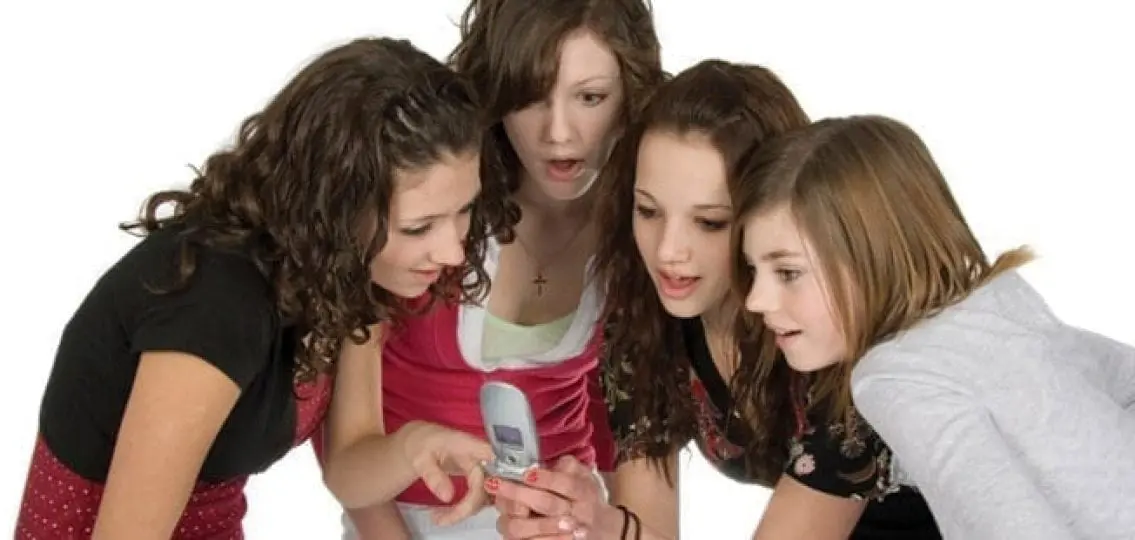“Buzzz Buzzz,” you look around, expecting to find a swarm of bees, but find your mother looking over your shoulder at your computer screen. While parents should set limits, sometimes the limits seem out of proportion. When parents allow their children to have a Facebook or Twitter account, it feels like too much when they demand the password. Their access lets them over-analyze their teenager’s friend list, and research the story behind every tweet. When parents have a strict cell phone policy, it can also seem like too much – “I take your phone whenever I please and I read every thing you send and receive.”
We all wonder, “Who invented the online grade book viewer?” Sure, it allows me to see test grades and class grades, but it also give access to my parents. Personally, I prefer to find out my grades before they see them. I understand they want to monitor my progress and enforce what needs to be done, but again, there are boundaries. I have heard of parents who confront their kids before the student even knows the grade. Unfortunately, this puts extra pressure on the student and can cause a distant relationship between the child and their parent.
Dealing With Overprotective Parents
In many cases, parents don’t know when to let their teenager be independent. When kids enter adolescence, they begin to defy their parents. Many times, parents continue to have the same tight grip on everything that they did when their kid were younger. This tight grip can actually cause teenagers to behave even worse and push them to sneak and lie.
Overprotective parents seem to want their kids to avoid mistakes and, in so doing, they deny their children a learning opportunity. For example, if teenagers are denied the opportunity to go to a party with friends, they may miss out on many life lessons. Sometimes the best way to learn to do the right thing is to make mistakes.
Being a helicopter parent isn’t always negative. Parents often know what’s best for their child. They usually have a good indicator on when their teenager is ready for independence. They also know what their child’s capabilities are and this helps them guide their teenager on a correct path. This guidance isn’t intended to be negative, but its purpose is to protect their teens and keep them safe. Some parents may be trying to protect their children from mistakes they might have made in their past. When the mistakes are dangerous and life threatening, too much helicoptering can be a healthy influence.
Although helicopter parents have trouble knowing when it’s time to let go, their intentions are very positive. Parents often try to shield their children from difficulties such as bullying, drug and alcohol abuse, and relationship stress. Many of these issues are prevalent among teenagers. But, I believe that by parents protecting us from these issues, they make it difficult for us in the future; we won’t learn how to deal with certain problems.




